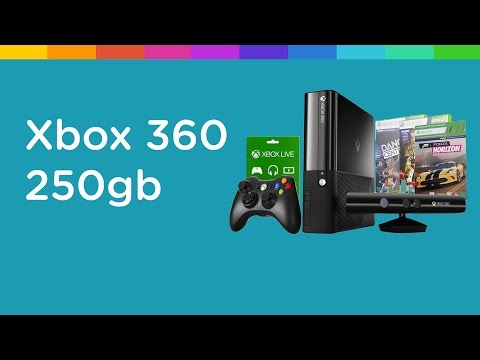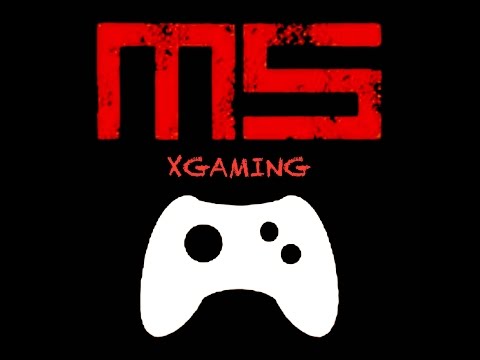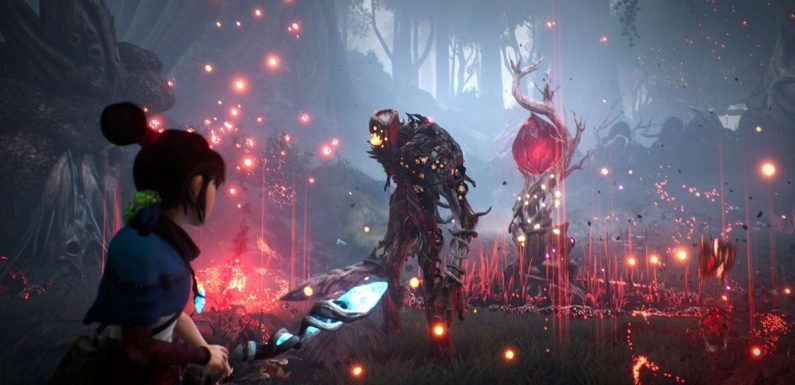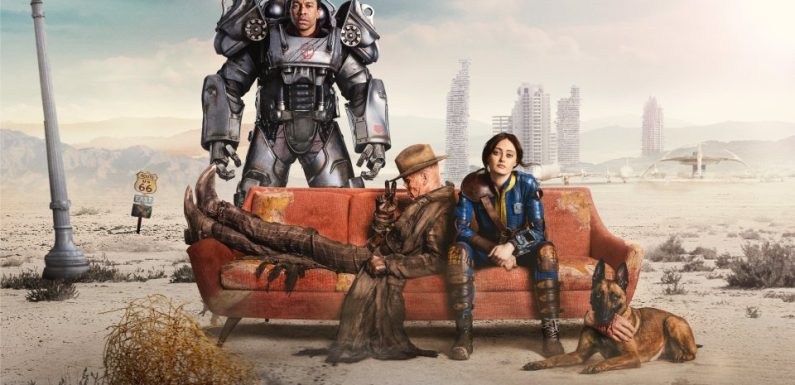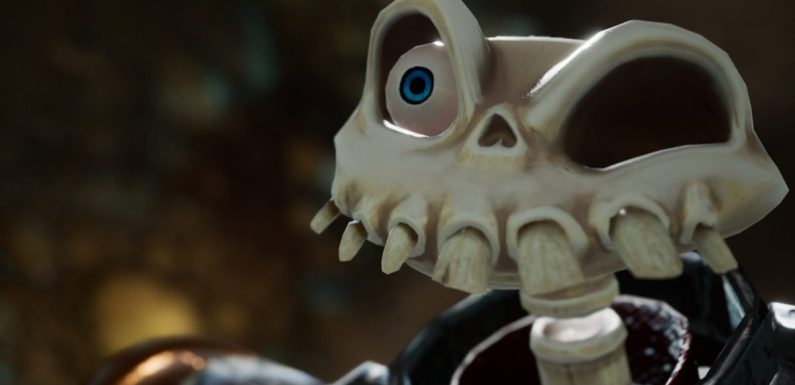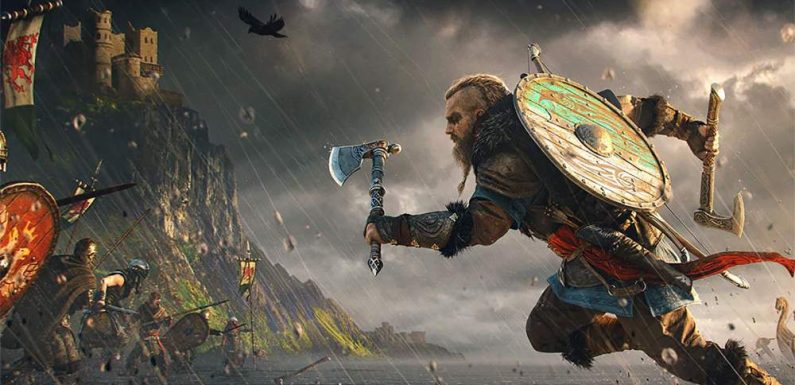39 Paul Lynde Quotes
Quote Of The Day Feeds
Jon Bauman (aka former Sha Na Na frontman “Bowzer”) hosted the Hollywood Squares portion of the show. The only regular panelist on this version was Gene Rayburn, who reprised his role as host of Match Game; he always occupied the lower left square during Hollywood Squares, which Bauman also occupied during Match Game segments. Most of the semi-regulars were previously better known for Match Game (only on one week of episodes did a regular from the previous Hollywood Squares, George Gobel, appear on the panel). A variation on the 1980s syndicated series’ endgame was added to Hollywood Squares at the start of season five in September 2002 and remained until the series ended in June 2004.
Each of the nine squares hid a different prize, with $10,000 cash ($15,000 in season 3) and a car being the two most expensive. The day’s winner simply picked the celebrity they wanted, and won whatever prize was in an envelope that star was holding. As noted by Bergeron at the start of the bonus round each episode, the prizes totaled over $100,000. Paul Lynde was featured in the tactically important center square throughout most of the show’s original run.
By 1976, the prize for a five-day champion included additional cash ($5,000 or $10,000), two new cars and a luxury vacation, with a total value of somewhere between $20,000 and $25,000. In September 1976, an endgame was added after each match with the champion simply selecting a star, each of whom held an envelope with a prize; the top prize was $5,000, with additional prizes ranging from small kitchen appliances to items worth up to about $2,000.
Asher designed The Paul Lynde Show to be ABC’s counterpart to CBS’s All In The Family; however, the show lacked the controversial and topical issues brought up by All In The Family, due to ABC’s continued restriction on social issues at the time. This was despite Lynde’s rewrite of the show’s dialog in an effort to make the series more lively and comedic. In 1991, King World Productions acquired the rights to the entire worldwide Hollywood Squares format from Orion Pictures Corporation as that company was going through its bankruptcy phase. King World only acquired format rights and owns copyrights for episodes produced since 1998; Orion retained copyrights to pre-1991 episodes. Six years later, King World decided to bring the series back to television and a revival was put in the works.
Secret Square prize packages added cash on the daytime edition, which started at around $1,000 for the 1966 episodes; the base amount increased in the later years from 1967 to 1980, by which time a new Secret Square package was worth around $3,500 to $4,500. The question for the star was sealed in a special envelope and was almost always multiple choice. William Asher later resurrected the Howie concept for ABC and Screen Gems as a replacement for Bewitched. Asher and then-wife Elizabeth Montgomery were contractually obligated for two more seasons of Bewitched for ABC.
This version of Hollywood Squares saw several different variations on the gameplay. Second, the questions followed either a multiple-choice or true/false format. Third, for each square a contestant claimed $25 was added to his/her score with each game win starting at $100 for the first and increasing by that amount for subsequent games until time ran out and a winner was declared.
ABC would burn off Lynde’s contract by placing him in variety shows such as The Paul Lynde Halloween Special, ‘Twas the Night Before Christmas and Donny & Marie. The Match Game-Hollywood Squares Hour episodes were not rerun after the show was cancelled, and would not be so for over thirty years. In 2019, a deal was struck with FremantleMedia North America, the successor company to Mark Goodson Productions who produced the series, to bring the show to Fremantle’s digital network Buzzr. Originally, the show used the same “pick a star, win a prize” format the Marshall version had used during its last few years on the air.
In contrast to the original version of the show, players could win games by default if the opposing player incorrectly agreed/disagreed with a celebrity whose square gave the other player a completed row or five-square win. On all other version of Squares, the player had to earn the winning celebrity on their own. NBC later brought the concept back to the daytime series in the 1976–77 season with a slight retooling, where instead of children playing entire families played. For the final (1980–81) season, the syndicated series left NBC’s Burbank, California studio and moved to the Riviera Hotel and Casino in Las Vegas, Nevada.
The Secret Square was played in both the second and third games of the day, but after two weeks the Secret Square prize only carried over to the third game if neither contestant had claimed in it the second game. From the second season forward, the Secret Square was only played in the second game. The Secret Square game is played as the first game on a given broadcast (or the first complete game, if a show began with a game already in progress) during the daytime series.
In this game, a randomly selected Secret Square is shown only to the home audience by the shot of the television camera. A contestant who picked that panelist during the game won a bonus prize package if they correctly agreed or disagreed with the star.
In the early episodes of the first season, contestants only played for half the money; $500 was won for each of the first two games, with $1,000 for the third and $2,000 for all subsequent games and $250 was given as a consolation prize for failing to win a game. The consolation prize amount also was used for each contestant’s square in the event that time ran out during a game, and was counted towards their cash total to determine the day’s champion. Paul Lynde was an American game show panellist, comedian, actor, and voice artist.
Second, the game format was scrapped in favor of a return to the two-out-of-three match format last seen on the NBC series in 1980. The first player to win the necessary two games won $2,000 and no consolation money was awarded if a player failed to win a game.
With this change, the incoming challenger began the first game of a match. Two years after the cancellation of The Match Game-Hollywood Squares Hour, a new Hollywood Squares series was put into production. In 1983, several years after Orion Pictures acquired Hollywood Squares rights owner Filmways, NBC decided to attempt a revival of the series. What resulted was a joint produced effort with Orion’s television unit and Mark Goodson Productions that combined the Hollywood Squares program with a revival of the Goodson-produced Match Game. The 60-minute program was dubbed The Match Game-Hollywood Squares Hour and debuted on October 31, 1983 at 3 PM Eastern, coincidentally replacing the Peter Marshall-hosted series Fantasy.
https://edu-quotes.com/quotes/school/
Whoopi Goldberg was brought in to be the executive producer, and John Moffitt and Pat Tourk Lee were hired as producers. Goldberg’s One Ho Productions and Moffitt-Lee Productions joined Columbia TriStar Television as co-production companies with King World, who handled distribution by themselves. This differed from the other two King World/Columbia TriStar collaborations on television at the time, Jeopardy! and Wheel of Fortune, as King World had no role in the production of those two series. Hollywood Squares was always played as the second (middle) segment of the show, and featured the winner of the Match Game match played in the first half of the program facing off with the show’s returning champion.
An anecdote related during the A&E Biography on Lynde described an earthquake that occurred during the Hollywood Squares taping that frightened and alarmed many of the guests. Lynde remained in his seat, tapping his fingers, asking if they were going to finish the show.
Though Hollywood Squares was a legitimate game show, the game largely acted as the background for the show’s comedy in the form of joke answers (commonly called “zingers” by the production staff), often given by the stars prior to their real answer. In addition, the stars were given the questions’ subjects and bluff (plausible, but incorrect) answers prior to the show. Then 1966, Lynde debuted on the fledgling game show Hollywood Squares and quickly became its iconic guest star.
The Secret Square was still played during the second game but the accumulating jackpot of prizes was discarded in favor of playing for one prize per match, regardless of whether or not the previous match’s prize was won. Third, the change in format resulted in the show no longer being self-contained, as matches could and often did straddle episodes. For the first season of this Hollywood Squares series, two new contestants competed on each episode. Beginning in the second season, the returning champion rule was reinstated; a contestant could stay on for a maximum of five days.
The contestant with the most money at the end of the show won a bonus prize, which for the first seven years of the syndicated series was a car. From 1978–80, the endgame described above was utilized with each prize worth at least $5,000 including a new car; cash prizes of $5,000 and $10,000 were also available. If the match ended in a tie, one final question was played with the star of one contestant’s choosing; if the contestant agreed or disagreed correctly, he/she won the match; otherwise, the match went to the opponent. The nighttime syndicated version’s episodes were self-contained, unlike the daytime version where games could straddle. Enjoy these Hollywood Squares quotes from panelists such as Charley Weaver, Paul Lynde, Rose Marie, Vincent Price, George Gobel, Red Foxx, Ed Asner and more.
Appearing a total of 707 times, Lynde garnered considerable fame and wealth from the series. Lynde eventually became disenchanted with being what he called “boxed into” The Hollywood Squares, and he departed the series in 1979. In 1980, The Hollywood Squares experienced a downward trend in Nielsen ratings, and Lynde was approached about returning to the program.
He was renowned for his roles in ‘Bye Bye Birdie’ and ‘Bewitched.’ From 1968 to 1981, he was a regular ‘centre panellist’ on ‘Hollywood Squares’ game show. Following is a treasure trove of quotes by Paul Lynde that will make you day. For the sixth and last season of Hollywood Squares, more changes were made to the series.
For most of the first five seasons of this Hollywood Squares series, the first and second games were worth $1,000 to the winner. The third game was worth $2,000, and every subsequent game until time ran out was worth $4,000. If a contestant did not win anything in the main game, $500 was given to them as a consolation prize.
Eventually he assumed a permanent spot as the “center square,” a move which ensured that he would be called upon by contestants at least once in almost every round. Despite an urban legend to the contrary, Paul Lynde remained in the center at the producer’s’ discretion. Many NBC tour guides have claimed that Lynde was afraid of earthquakes and the center square proved to be the safest square of the show’s set.
In 1968, after two years on the show, Lynde became the regular center square. Lynde’s outrageous jokes earned him three daytime Emmy Award nominations in 1972, 1973, and 1974. He left the series after taping the August 20–24, 1979, week of shows, but returned when the series relocated to Las Vegas for the 1980–81 season. The daytime series was played as a best two-out-of-three match between a returning champion and an opponent, with each individual game worth $200/$400 per match (originally $100 for each game and an additional $300 for the match that totaled $500). Originally, a five-match champion retired with an additional $2,500, the Secret Square prize package (if not yet won) and a new car; the cash bonus was increased through the years.
Montgomery was not interested in continuing the series (she and Asher were also on the verge of divorcing), and Lynde was also under contract to ABC. The Paul Lynde Show (along with the first incarnation of Temperatures Rising) was created to fulfill the contracts.
He initially declined, but changed his mind when told he would receive co-star billing with host Peter Marshall. He returned to the series in the spring of 1980 and remained with the show until its cancellation in February 1981. The next season, ABC would cast Lynde as the lead on the re-tooled Temperatures Rising over Asher’s objections.
Nine keys were shown to the contestant, and only one could win the day’s prize. To eliminate the bad keys, contestants had 30 seconds to select one celebrity at a time and correctly agree or disagree with a statement about that person read by Bergeron. The clock started after the contestant’s first choice, and each celebrity could be chosen only once. In the earliest episodes of the series, two Secret Square games were played on each show with a different prize offered for each game.
Instead, the winner of each game won a prize, and if time ran out before a game could be completed, the prize went to the player with the most squares on the board. Additionally, the season’s eight highest-winning contestants were invited back to play in a Grand Championship tournament at the end of the season. The final $100,000 Grand Championship Tournament was played in 1980 and won by Eric Lloyd Scott of Denver, Colorado. Prizes that year included a Geodesic Dome Home from Domes America, a Botany 500 Wardrobe, a 50-day cruise on Delta Line Cruises, the first Apple II computer system, the original Sony Betamax, a camper trailer and a motorhome and $20,000 in cash. The nighttime versions featured the same two contestants playing for the entire half-hour with each completed game worth $300 (NBC prime time) or $250 (syndicated).


